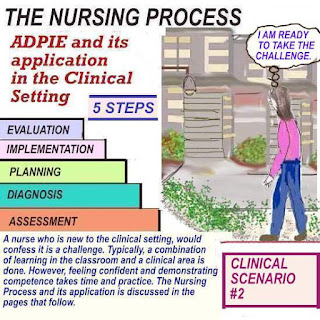CHEMOTHERAPY AND RADIATION
Scenario: Tina prepares for treatment of her glioblastoma.
What is glioblastoma?
Gliobalstoma multiforme is a tumor. It can
be treated through chemotherapy drugs like
Temozolmide (Temodar).
be treated through chemotherapy drugs like
Temozolmide (Temodar).
Side effects include: seizures, nausea, vomiting,
flu symptoms, and weight/hair loss.
flu symptoms, and weight/hair loss.
Learn more by clicking on the link:
Learn more about: Care planning
Learn more : Understanding Meningitis








